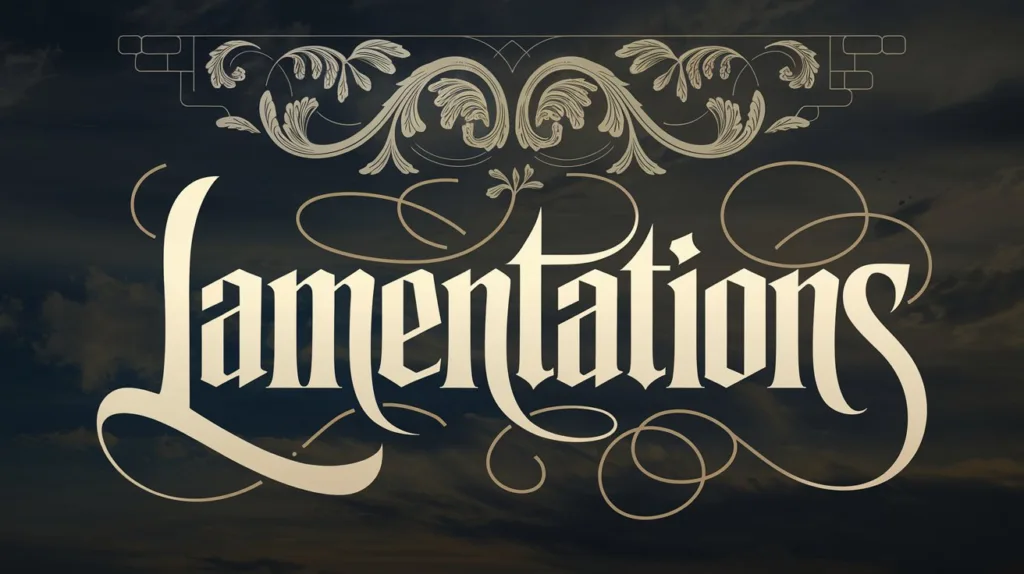The account of Jacob wrestling with God is found in Genesis 32:22–32. As Jacob was returning to the land of Canaan with his family, he was greatly afraid of his brother Esau, whom he had deceived twenty years earlier. The night before meeting Esau, Jacob sent his family across the ford of the River Jabbok and remained alone.
That night, a Man wrestled with Jacob until the breaking of day (Genesis 32:24). As the struggle continued, the Man saw that He did not prevail against Jacob, so He touched the socket of Jacob’s hip, dislocating it (Genesis 32:25). Despite the injury, Jacob clung to Him and said, “I will not let You go unless You bless me” (Genesis 32:26).
The Man asked, “What is your name?” He replied, “Jacob.” Then He said, “Your name shall no longer be called Jacob, but Israel; for you have struggled with God and with men, and have prevailed” (Genesis 32:28). Jacob then asked the Man for His name, but He replied, “Why is it that you ask about My name?” and He blessed him there (Genesis 32:29).
Jacob named the place Peniel, saying, “For I have seen God face to face, and my life is preserved” (Genesis 32:30). As the sun rose, Jacob limped because of his hip, and the Israelites later refrained from eating the sinew of the thigh to this day in remembrance of that event (Genesis 32:31–32).
This encounter is widely understood as Jacob wrestling with a theophany, an appearance of God in human form, likely a pre-incarnate Christ. It marked a turning point in Jacob’s life. His new name, Israel, meaning “he struggles with God,” signified transformation from self-reliance to dependence on God. The limp remained as a lasting reminder of the encounter and Jacob’s need for divine strength.
Jacob’s wrestling represents earnest seeking, perseverance in prayer, and the humility that comes from encountering the living God. It teaches that spiritual victory comes through surrender and dependence on God’s blessing.





 Get the book that teaches you how to evangelize and disarm doctrines from every single major cult group today.
Get the book that teaches you how to evangelize and disarm doctrines from every single major cult group today.